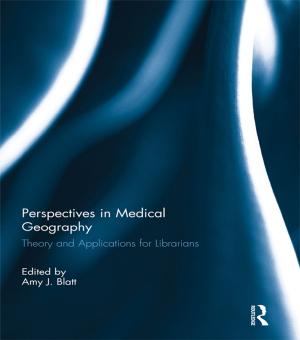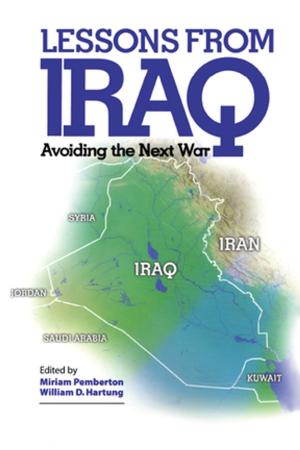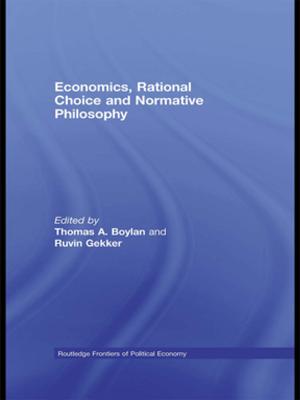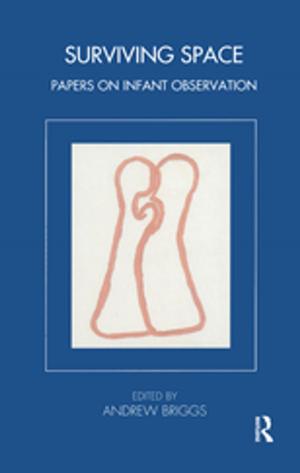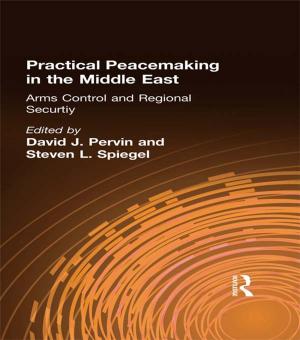Theoretical and Empirical Foundations of Critical Global Citizenship Education
Nonfiction, Reference & Language, Education & Teaching, Educational Theory, Multicultural Education, Educational Reform| Author: | Carlos Alberto Torres | ISBN: | 9781315452555 |
| Publisher: | Taylor and Francis | Publication: | April 21, 2017 |
| Imprint: | Routledge | Language: | English |
| Author: | Carlos Alberto Torres |
| ISBN: | 9781315452555 |
| Publisher: | Taylor and Francis |
| Publication: | April 21, 2017 |
| Imprint: | Routledge |
| Language: | English |
In the first volume in the Critical Global Citizenship Education series, Torres combines theoretical and empirical research to present an original perspective on global citizenship education as a vitally important way of learning in a globalized world. In examining the requirements for effective global citizenship education and education reform, he investigates pathways to citizenship-building at the local, national and global levels and urges development of teaching methods, teacher education, and curriculum within a social justice education framework. Taking into account post-colonial perspectives, political realities at play, and practical implications, Torres provides a succinct but comprehensive understanding of how global citizenship education can expand the concept of civic education in a global society and interrupt inequality.
This volume considers the ways that global citizenship education has been incorporated and is used by international institutions, governments, and the academy, and provides a clear framework for anyone struggling to make sense of the tensions and complexities of global citizenship education today.
In the first volume in the Critical Global Citizenship Education series, Torres combines theoretical and empirical research to present an original perspective on global citizenship education as a vitally important way of learning in a globalized world. In examining the requirements for effective global citizenship education and education reform, he investigates pathways to citizenship-building at the local, national and global levels and urges development of teaching methods, teacher education, and curriculum within a social justice education framework. Taking into account post-colonial perspectives, political realities at play, and practical implications, Torres provides a succinct but comprehensive understanding of how global citizenship education can expand the concept of civic education in a global society and interrupt inequality.
This volume considers the ways that global citizenship education has been incorporated and is used by international institutions, governments, and the academy, and provides a clear framework for anyone struggling to make sense of the tensions and complexities of global citizenship education today.


